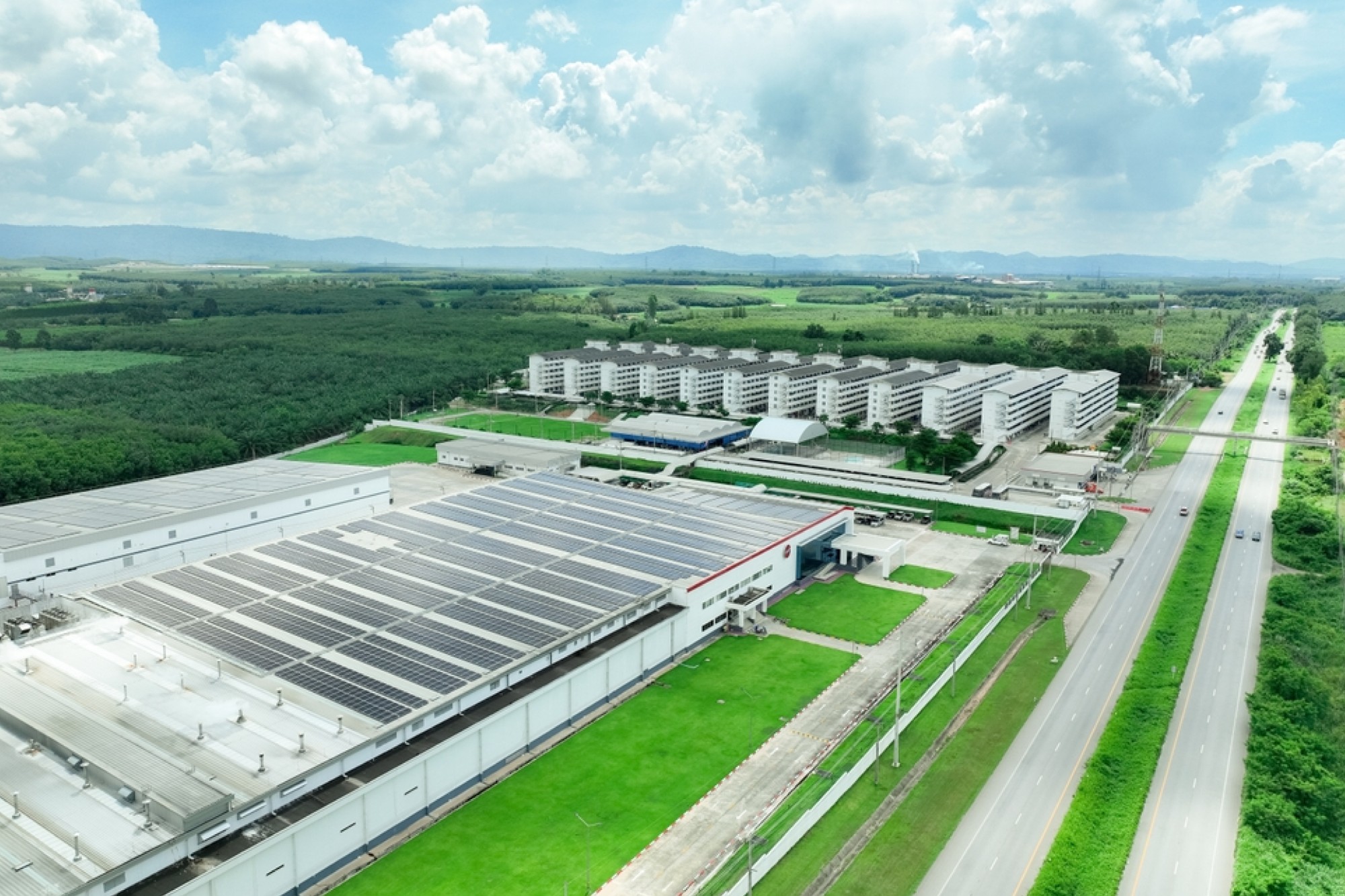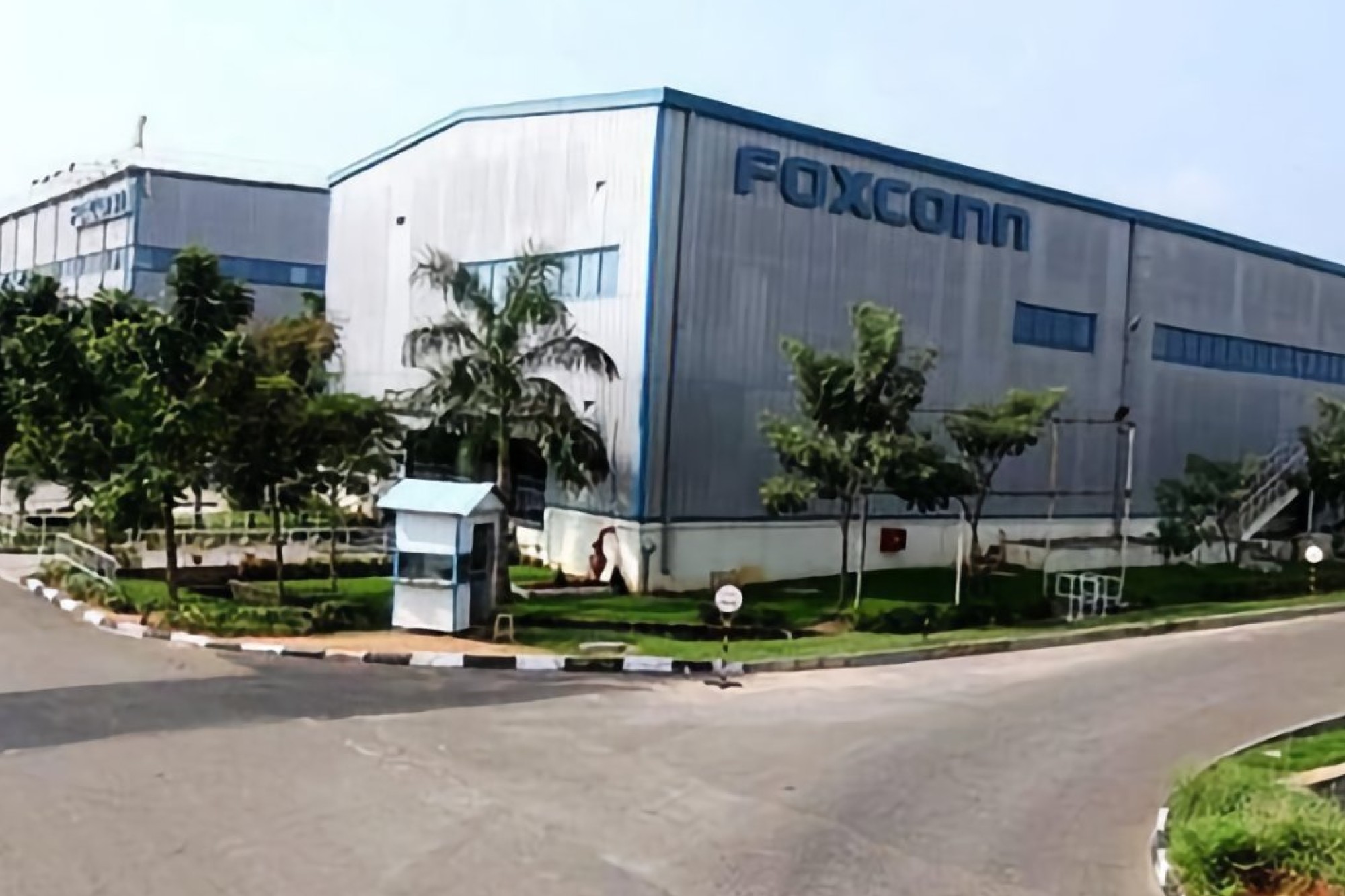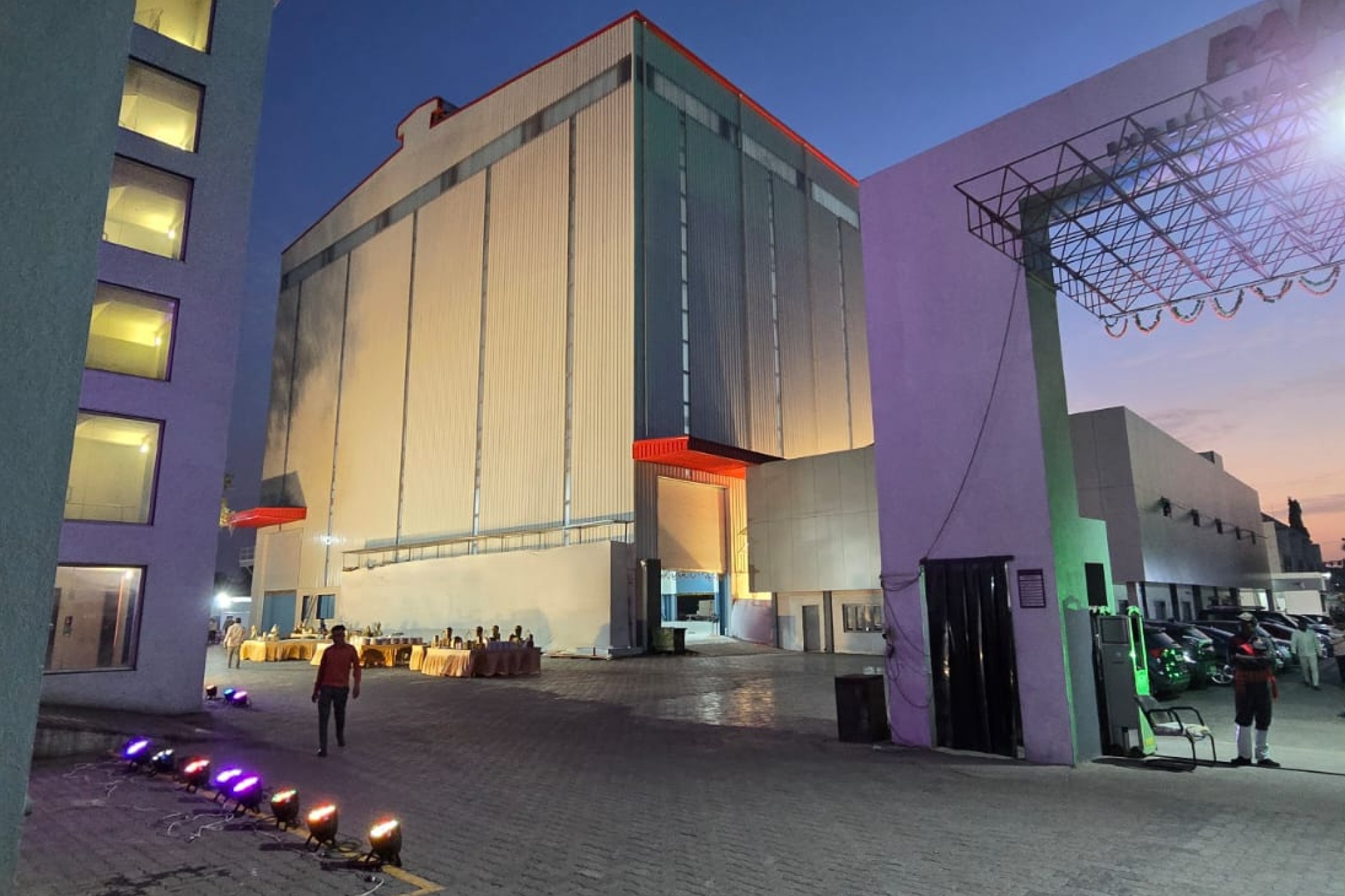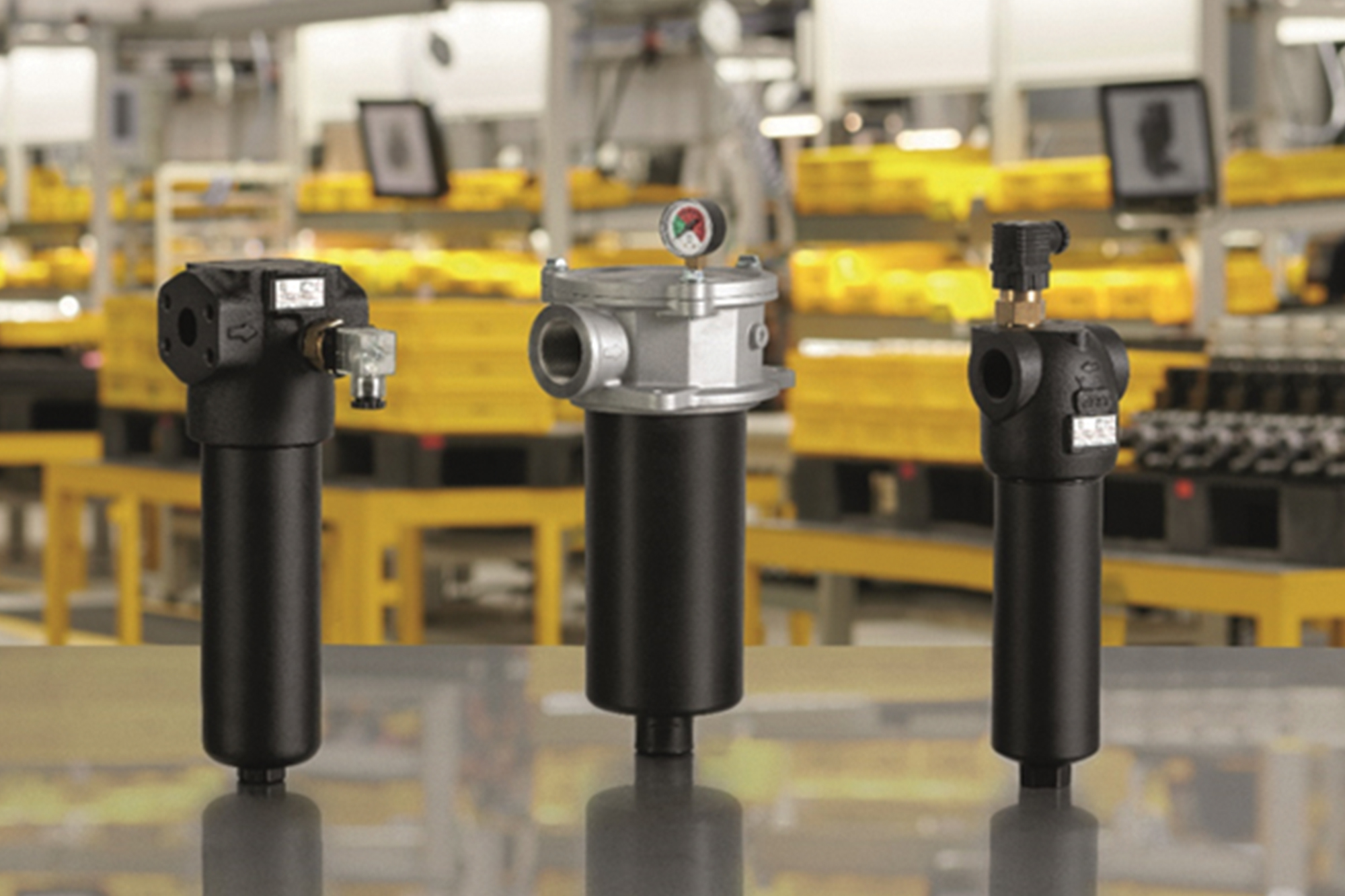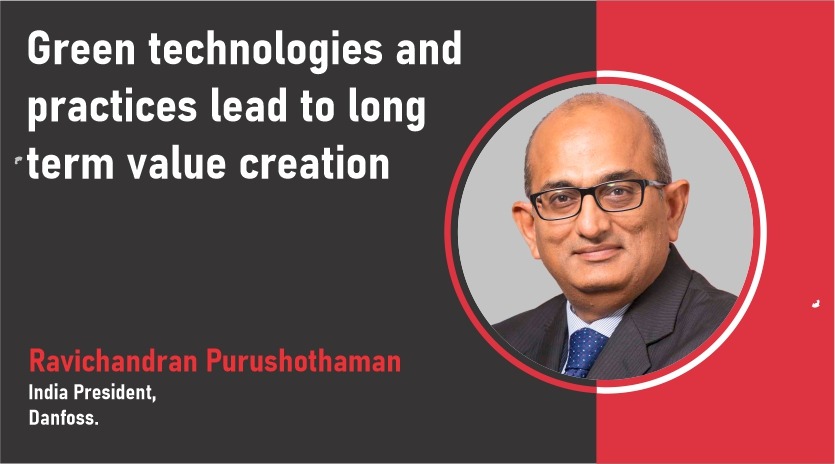Lubricating the Indian manufacturing for revival
By OEM Update Editorial June 18, 2019 11:21 am IST
India is said to be the third largest market for lubricants in the world. In an interaction with Aultrin Vijay of OEM Update, Jayanta Ray, General Manager, GS Caltex India Pvt Ltd, says that the lubricants market has grown sufficiently, with the growth of agricultural and manufacturing sector in the last five years, and Make in India would get further boost with the new government coming in.
What do you think has Make in India made for India’s lubrication sector?
In terms of Make in India, the primary factors for production are the large availability of labour and ready access to capital. These are the two primary factors for good production, which facilitates well for the manufacturing sector. In lubricants, manufacturing capacity are sufficiently available and a rough estimate suggests that supply exceeds demand by about 50 per cent. Everybody is bullish on India, and they are ready to invest in proper time with proper planning.
Now, I’m very sure that with the new government coming in, the Make in India programme is going to get further boost. Even for the lubrication sector, in past few years, we’ve seen few investments coming in. I think the facilities will be modernised to manufacture the products, meeting the upcoming emission norms, rather than putting in new investments. So, I think that’s going to be the norm for the lubricant sector.
What do you think needs to be done to reboot and realign the priorities of Make in India, so as to turn India into the hub of lubricants?
If you get a critical mass in Indian market, then there’s a sufficient cause for investment in India. There are few investments coming in from Western as well as Asian MNCs. But, the issue here, is, lubricant industry is a highly competitive market and with several players coming in to Indian market, additional production capacity, at times, poses a challenge on profitability and its returns.
I think our current government will provide more stress on emission norms. They need to create a framework for the production of synthetic lubricants or more environment friendly hydrocarbon products, which will revive the manufacturing sector, to move from conventional lubricants to more specialised Group II plus or Group III, based lubricants or synthetic lubricants, which will be more environmental friendly.
What are the specific challenges that machine shops/manufacturing sector face in terms of lubricant selection and usage?
The challenge is basically on the selection part. Lubricant selection plays a vital role in achieving productivity as well as efficiency in a manufacturing setup. There are four basic guidelines, followed in this industry.
Use of right technology, correct technology means the right application. Any usage has to be actually gorged against temperature, pressure, etc.; the parameters, which provide the correct application. Then comes the right quantity at the right time is a very important factor in terms of selection of the lubricants. Last, but not the least, is correct procedures. Every manufacturing plant will have a maintenance department, with standard operating procedures. If you properly maintain the standard operating practices, I think you can address the challenge of reliability and productivity in the manufacturing sector.
How can industrial lubricants help in increasing machine uptime on shopfloor?
This industry is continuously trying to improve on the production efficiency. And, everybody is demanding more from the existing resources. By re-examining the operations of lubricant process, it gives an easy way to boost the equipment reliability and performance.
At GS Caltex, we have technical experts, who routinely do plant audit and suggest saving measures to industries to improve their production and reliability. There are many ways, which can ensure big savings, in terms of productivity, as well as, improvement in the profitability in the long run.
Now, in terms of technological advancements, even in India, conventional Group I base oils, form a very significant part. But, at GS Caltex, we manufacture the products with Group II plus and Group III base oils, which we are importing from Yeosu refinery in South Korea. These are made from advanced base oils, which not only helps reduce friction, but also to run the machines longer. Synthetic lubricants and Group II/Group III lubricants create better lubrication between moving parts than conventional oils. So, they don’t break down in high heat or high stress situations. They also offer excellent cold weather performance and extreme temperature protection.
Group II/Group III and synthetic Kixx LUBO base oil from GS Caltex, are designed to be more robust in terms of low temperature pump-ability, high temperature stability, and protection against deposits. So, if you use a high performance lubricant, I think you can also be sure of using a technologically advanced product, which in turn helps in improving the manufacturing practices.
Today, ‘value addition’ is the buzzword. How do you work with your customers to offer them a complete solution than just a product?
Here, there are two important things, which I want to mention. First is on the product quality and second is services. GS Caltex lubricants are made from high quality Kixx LUBO base oils, and these are focused on maximising productivity and reducing costs in manufacturing operations. So, protection helps limit wear and corrosion to guard against breakdowns. The longer an oil’s life, the less fluid maintenance is needed for an equipment. Hence, by using the correct lubricant with correct usage of high performance base oils you can actually reduce the maintenance cost, reduce operational cost, and increase the service life and productivity of the equipment. Secondly, in today’s world you cannot only supply products; it has to be backed by services. GS Caltex bundle the products as well as the services, That includes oil condition monitoring, including training on high performance lubricants usage, storage, and handling. Ultimately, all services bundled with the product helps the customer in reducing the total cost of operations.
Do you take customer feedback to improve your products?
Yes, absolutely! Customer feedback is a very vital parameter. So, we have a system where we take feedback from the customer and try to analyse and incorporate on the improvement point. We conduct meeting with cross-functional team every month, which is called continuous improvement forum, where, we suggest all the customer feedbacks and try to incorporate it.
How do you view your industry’s robust roadmap for the future?
Automotive industry holds a dominant share in global lubricants market and it’s a key contributor of growing the demand both in synthetic as well as conventional.
With the advent of higher quality, better performing Group II/Group III base oils, there will be a shift in the market for superior and high performance lubricants. There, GS Caltex’s Kixx Lubo base oils and our high performance lubricants can play a big role, because, we are manufacturing futuristic products, through high performance Group II/Group III base oils.
Until recently, Group IV base stocks outperformed other base oils mainly in key properties such as viscosity index, oxidation stability, volatility, pour point, etc. But, nowadays, even in the refineries, ultra-modern manufacturing techniques such as two-stage Hydro Catalytic Reduction (HCR) production process are being used. There are newer advanced additives, that improved those properties of modern Group III base oils, too. That means, Group IV base stocks are basically pure synthetic base oils. But, this high quality Group III base oils with modern high performance additives is actually as competitive as in terms of lubricity, solubility and anti-wear properties same as Group IV base oils.
People will opt Group III and synthetic base oils, which will also address the emission norms and the environmental friendly products, and, I think GS Caltex is already taking a leading position in terms of distributing these products in India.
By re-examining the operations of lubricant process, it gives an easy way to boost the equipment reliability and performance
Jayanta Ray, General Manager, GS Caltex India Pvt Ltd
Cookie Consent
We use cookies to personalize your experience. By continuing to visit this website you agree to our Terms & Conditions, Privacy Policy and Cookie Policy.




